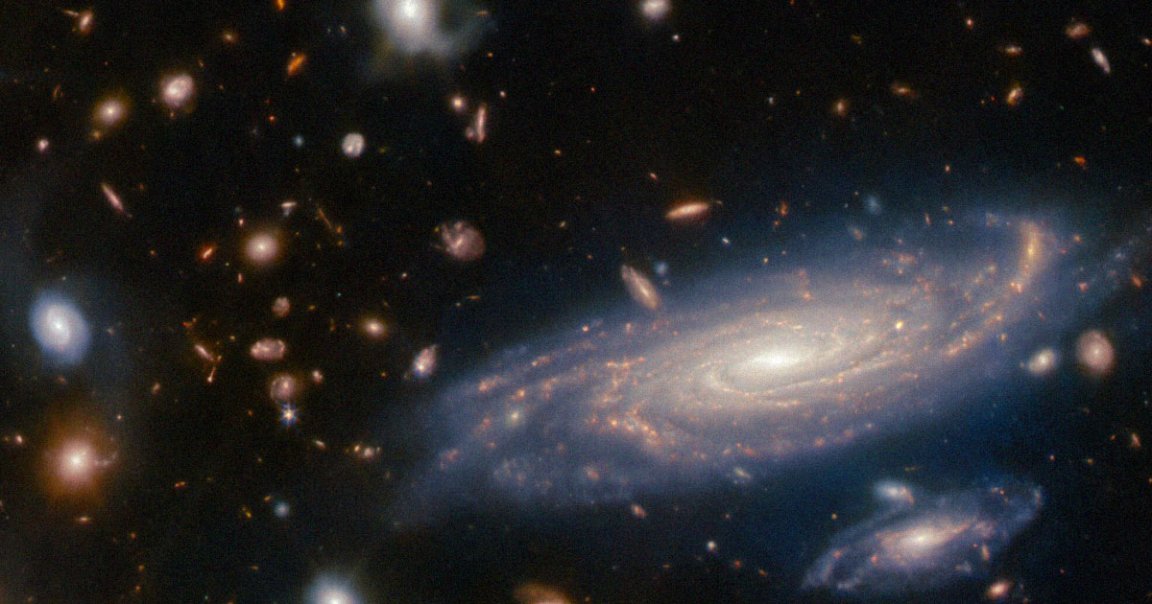
Long Long Ago
The general consensus among scientists is that the universe is roughly 13.7 billion years old, and ever-expanding — a conclusion illustrated by the phenomenon called redshift, in which light becomes redder if moving between points that are traveling away from each other.
Over time, though, there have been other theories. In 1929, for instance, Swiss astronomer Fritz Zwicky proposed that light got “tired” as it traveled, gradually losing energy over billions of light-years.
That controversial theory, however, didn’t play nice with other known data surrounding the age and expansion rate of the universe, leading astronomers to ditch it in favor of the prevailing redshift theory.
And make no mistake: the dominant theory is still that the universe is 13.7 billion years and expanding. But, in a surprising twist, University of Ottawa astronomer Rajendra Gupta has dusted off Zwicky’s work with a new theory that he says reconciles the two models — and concludes that the universe may actually be 26.7 billion years old, or twice as old as its generally accepted age.
Tired Light
As detailed in his new paper published earlier this month in the journal Monthly Notices of the Royal Astronomical Society, Gupta found that by allowing Zwicky’s “tired light” theory to “coexist with the expanding universe, it becomes possible to reinterpret the redshift as a hybrid phenomenon, rather than purely due to expansion,” he said in a statement.
As part of his new theory, Gupta introduced the concept of evolving “coupling constants,” which determines how particles interact with each other. These constants, the astronomer posits, may have varied over time, causing NASA’s James Webb telescope’s redshift observations of the earliest galaxies to extend anywhere from a few hundred million to several billion years.
That could explain why the ancient galaxies James Webb has observed look much smaller than expected, despite their immense masses.
These ever-changing coupling constants could also provide a new constant that replaces the cosmological constant, a kind of matter or energy — possibly dark matter — that accounts for the accelerating expansion of the universe.
It’s a fascinating new take on one of the biggest questions about our universe that could change how we interpret its mind-boggling age. But it’s also just a theory — and only time will tell whether Gupta’s explanation will prove convincing to his peers.
More on the age of the universe: Scientists Puzzled Because James Webb Is Seeing Stuff That Shouldn’t Be There